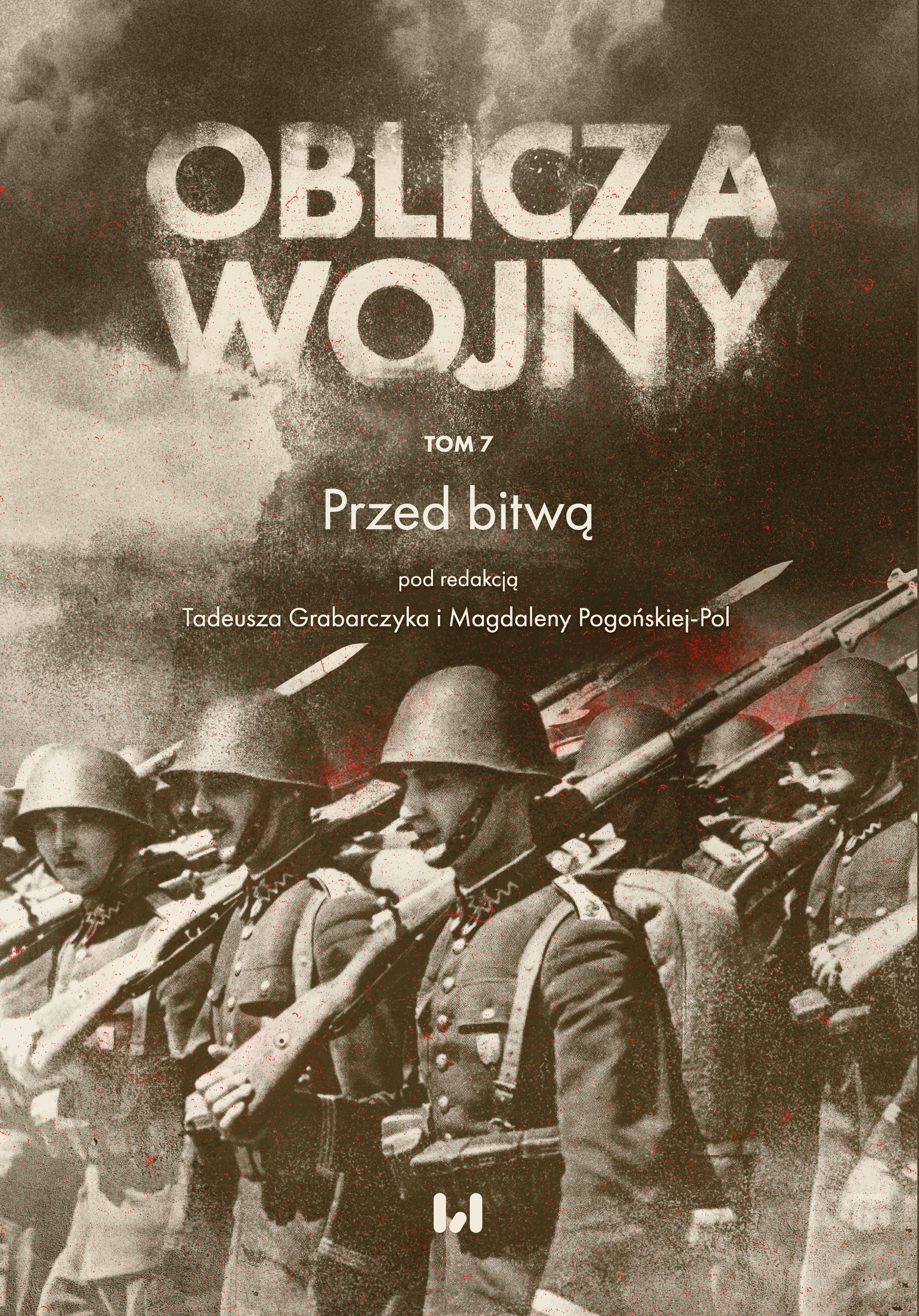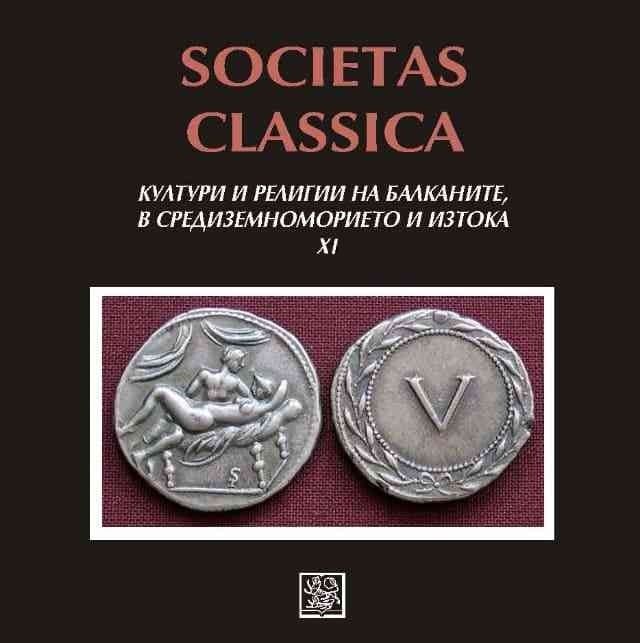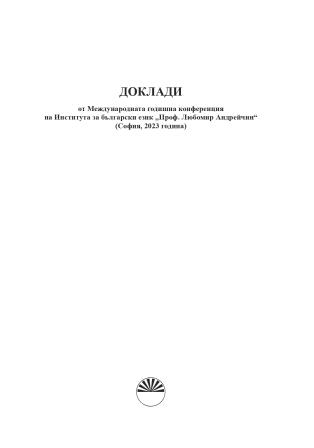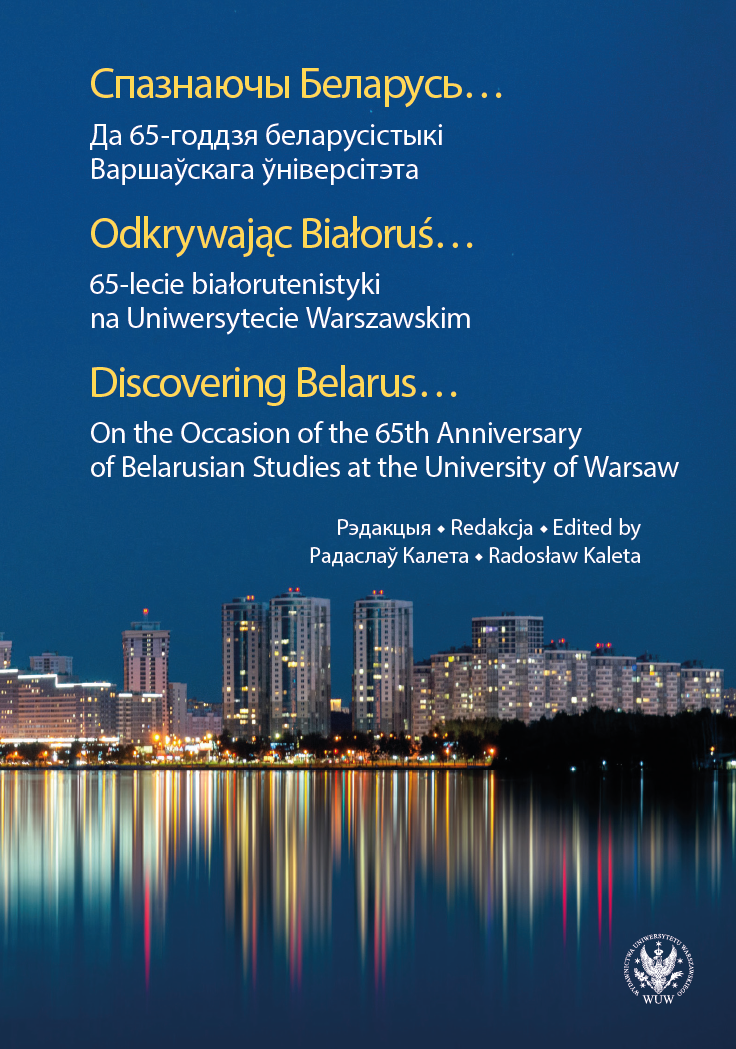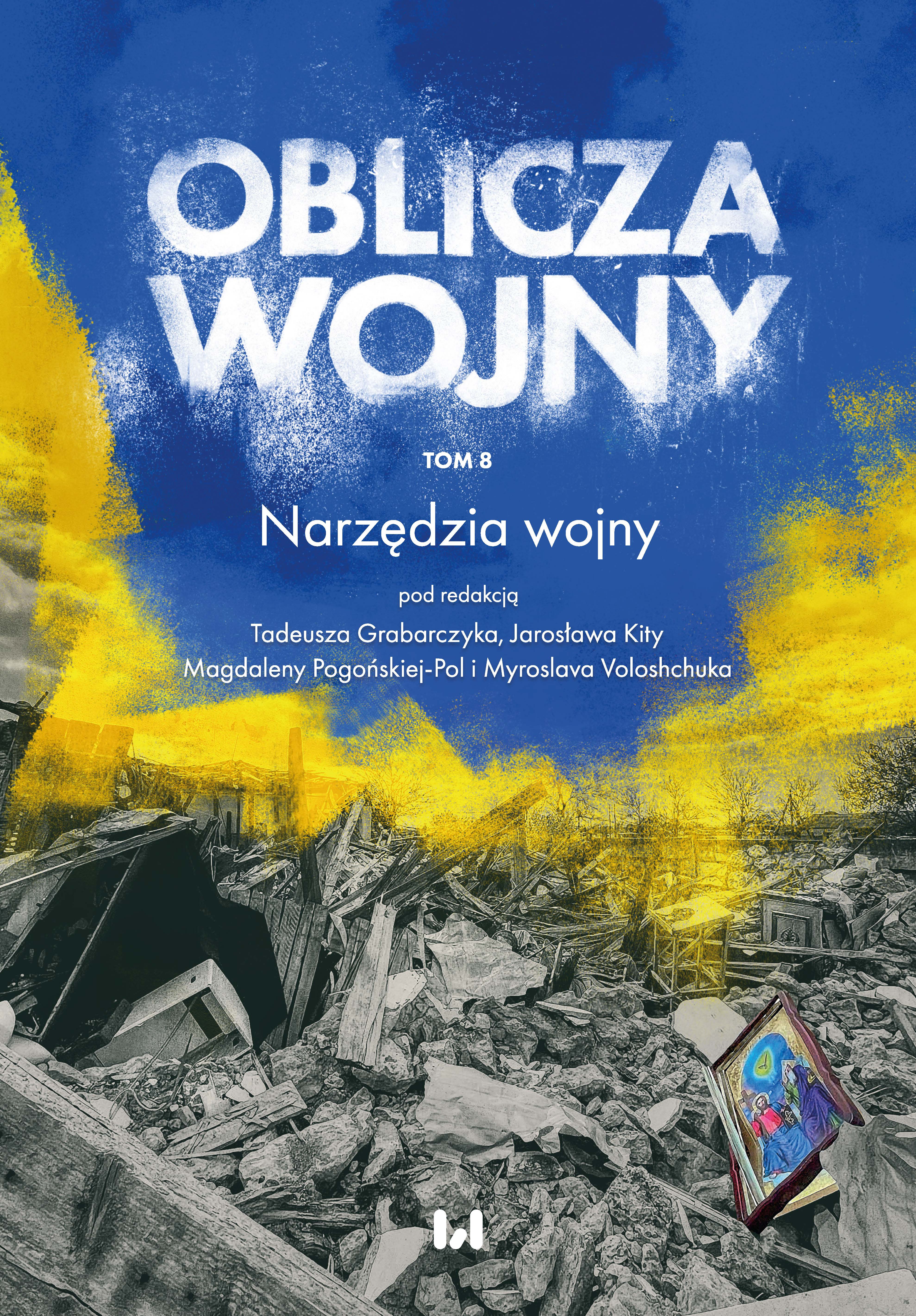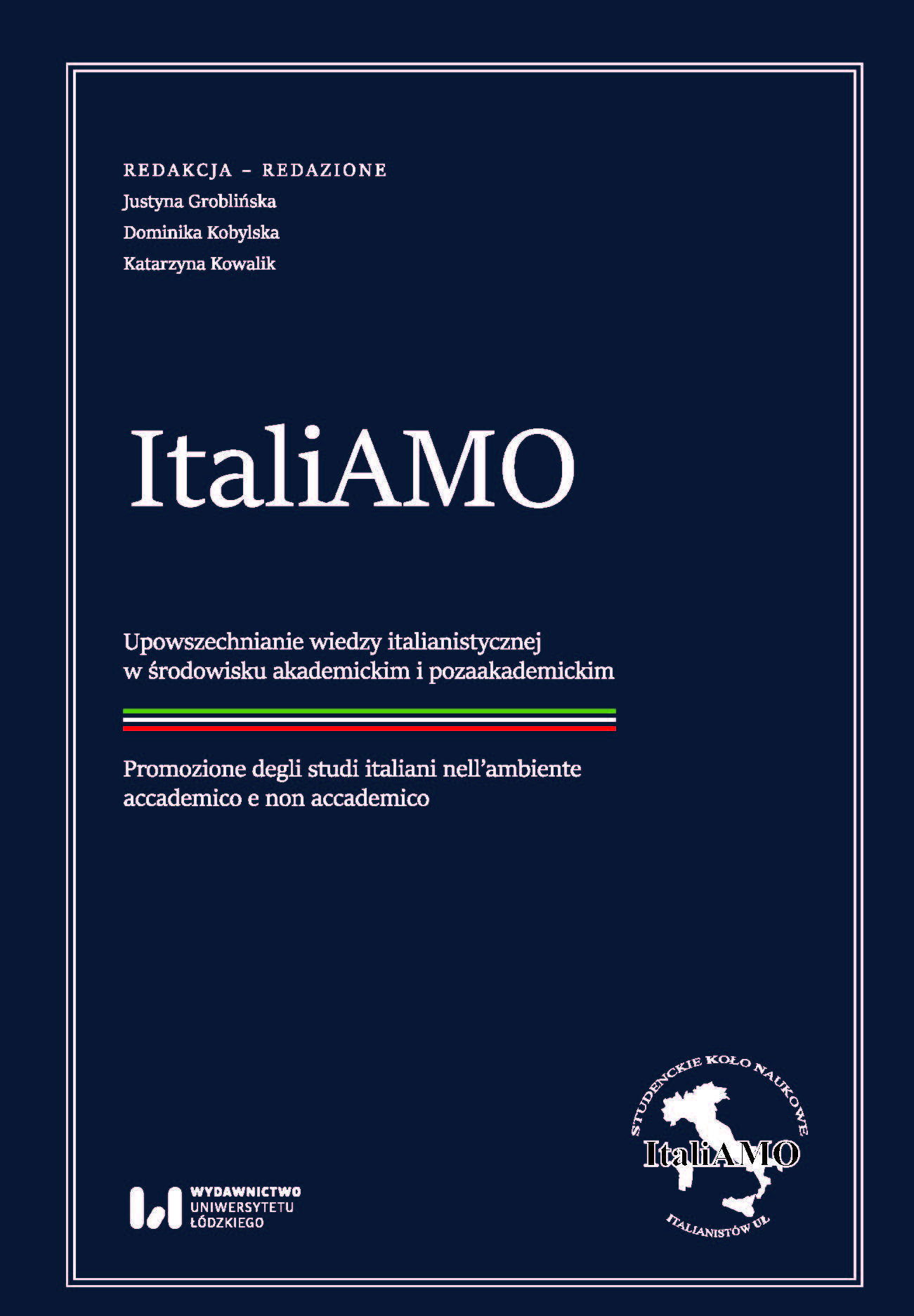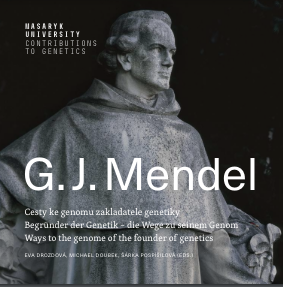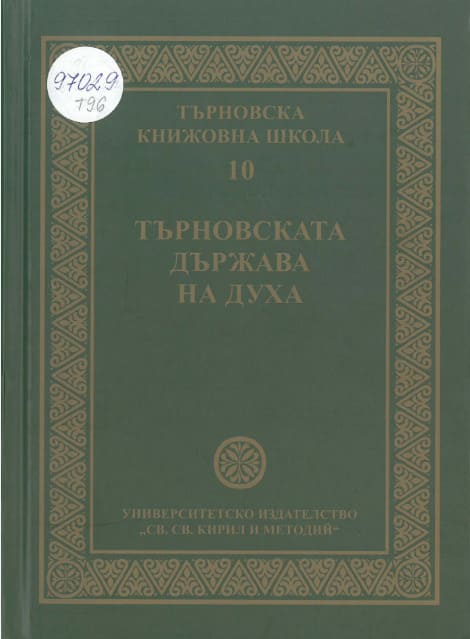
The Ideas of the Hesychasm Reflected in The Works of Patriarch Evtimii
Идеите на исихазма, отразени в творчеството на Патриарх Евтимий
Keywords: spiritual perfection; hesychastdoctrine; moral corruptoon; unity of the church; artistic and aesthetic criteria
This article examines the works of Patriarch Evtimii, founder of the Tarnovo Literari School and an undoubted authority in the spiritual and cultural life of medieval Bulgaria, in connection with the ideas of the most powerful ideological movement – the Hesychasm. The ideas of hesyhast doktrine are indirectly reflected in the life and encomium of the writer through the image of the characters who have the features of the perfect Hesychast. Evtimii’s answers in his messages directly reflect the ideas of hesychasm of unity of the church and dominion over secular authority and fight against the moral corruption. The analysis of Patriarch Evtimii proves that his entire literary work is subject to the strict moral norms that impose the hesychasm as a spiritual trend, as well as to the high artistic and aesthetic criteria he forms in the literature – true and artistic translations, richly decorated style, exquisite phrase.
More...
